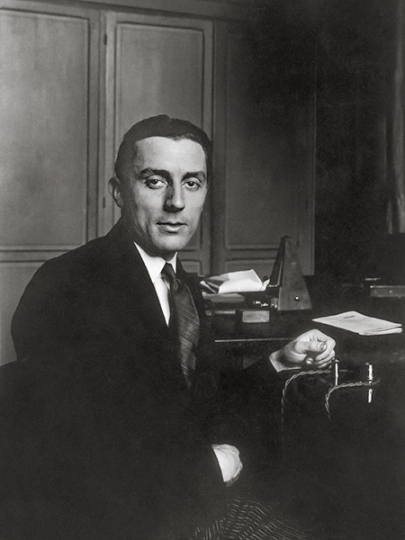Frédéric Joliot-Curie
1900-1958

Frédéric Joliot-Curie, born Jean-Frédéric Joliot on March 19, 1900, in Paris, was a major figure in French nuclear physics. His scientific career and political commitments significantly impacted the history of science in the 20th century.
Youth and Education of Frédéric Joliot-Curie
Frédéric Joliot was born into an Alsatian Protestant family. After studying at Lycée Lakanal and Lavoisier School in Paris, he entered the École Municipale de Physique et de Chimie Industrielles de Paris (EMPCI) in 1919, where Pierre Curie had taught. Graduating in 1923 as the top of his class, Frédéric began his career as a physics engineer.
Meeting Marie Curie and Early Career
In December 1924, Frédéric Joliot met Marie Curie and became her personal assistant at the Radium Institute. He obtained a degree in science in 1927 and completed his doctoral thesis in 1930 on the electrochemical study of radioactive elements.
Marriage and Collaboration with Irène Curie
On October 4, 1926, Frédéric Joliot married Irène Curie, daughter of Pierre and Marie Curie. Together, they conducted groundbreaking research on radioactivity. In January 1934, they discovered artificial radioactivity, a major breakthrough that earned them the Nobel Prize in Chemistry in December 1935.
Scientific Contributions and Discoveries
Frédéric and Irène Joliot-Curie worked on various projects, including the study of uranium fission and chain reactions. In 1939, along with Hans Halban and Lew Kowarski, Frédéric filed patents on the use of atomic energy, paving the way for research into nuclear energy.
Political Engagement and Resistance
During World War II, Frédéric Joliot-Curie became actively involved in the French Resistance. He served as president of the National University Front for the Liberation of France and joined the French Communist Party. In 1944, he was appointed director of the National Centre for Scientific Research (CNRS).
Creation of the Atomic Energy Commission
After the war, Frédéric Joliot-Curie played a crucial role in establishing the Atomic Energy Commission (CEA), becoming its first High Commissioner. In 1948, he oversaw the operation of France’s first atomic reactor, ZOE.
Peace Activism
In 1949, Frédéric Joliot-Curie became president of the World Peace Council. Deeply affected by the atomic bombings in Japan, he advocated for the prohibition of nuclear weapons, launching the “Stockholm Appeal” in 1950, which garnered millions of signatures.
Final Years and Death
After being removed from his position at the CEA in 1950 due to political reasons, Frédéric Joliot-Curie continued his research and peace activism. He succeeded his wife as head of the Curie Laboratory at the Radium Institute following her death in 1956. Frédéric Joliot-Curie passed away on August 14, 1958, leaving a lasting scientific and humanitarian legacy.
Frédéric Joliot-Curie’s contributions to science and his commitment to peace and social justice make him a key figure in nuclear physics and contemporary history.
